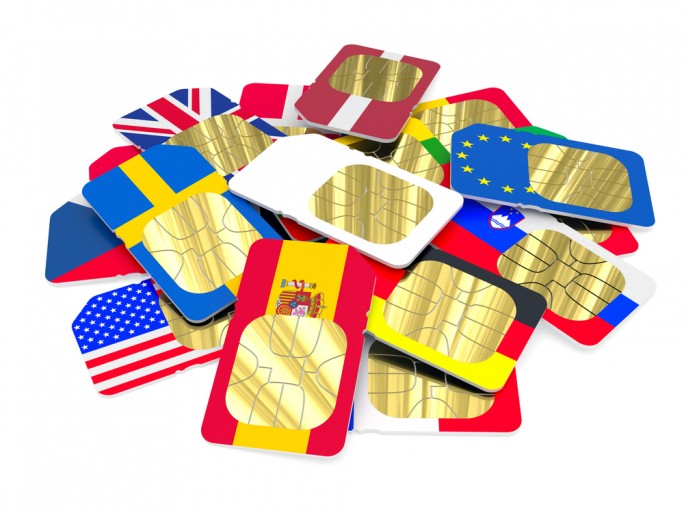EU Calls For More Wi-Fi Spectrum And Small Cells To Ease Data Crunch

EU says 71 percent of all wireless data traffic in Europe is transmitted through Wi-Fi
The European Commission (EC) has called for more spectrum to be made available for Wi-Fi networks after a study it conducted found that such networks accounted for 71 percent of all wireless data traffic delivered to smartphones and tablets during 2012.
It is a trend that the Commission expects to continue and the figure could rise to 76 percent by 2016, something that not only reflects the growing demand for data among Europeans but also the cheaper costs of using Wi-Fi as opposed to mobile networks.
While the EC recognisesd that 3G and 4G networks are essential for mobile activity, it laments the expensive spectrum licenses required by operators to run such services and the significant prices paid by smartphone users.
EU Wi-Fi popularity
 It also complained that a lack of allocated spectrum in many parts of Europe is leading to network congestion.
It also complained that a lack of allocated spectrum in many parts of Europe is leading to network congestion.
“Wi-Fi is a huge success,” declared European Commission vice president Neelie Kroes. “It’s a win for everybody involved. I will make sure the European Commission helps to spread use of Wi-Fi through extra spectrum and lighter regulation.”
The EC wants to make the spectrum from 5150MHz to 5925MHz available for Wi-Fi services and remove the red tape preventing the wider use of offload services and networks in public locations, such as small cell infrastructures.
Small cells are essentially small mobile phone towers or base stations, and are typically installed in retail locations or on street furniture as a way to increase the capacity of the mobile phone network in that particular location.
Mobile spectrum
The EC believes the wider use of Wi-Fi and small cells would allow consumers to save money on mobile data, reduce costs for operators and extend network coverage into hard to reach places such as large buildings.
“Systems where you share your Wi-Fi network with others are a great example of how we can crowd-source a better internet for everyone,” said Kroes. “Everyone in Europe should be able to benefit from internet when they are away from home and work.”
Last week, Kroes criticised national governments for not doing enough to accelerate the rollout of 4G services in the EU, claiming three quarters of Europeans have no access to LTE services, while rural 4G is all but absent.
In response to this latest study, she has called for governments to continue making the 2.6GHz and 3.5GHz bands fully available for mobile use and to consult on future licensing options for 3.5GHz and other frequencies.
EU states are currently obliged to make the 800MHz band available for 4G services, but less than half have done so, with the EC “reluctantly” granting nine countries final extensions to the deadline. The UK finished clearing the spectrum of television transmissions earlier this week.
What do you know about UK mobile operators? Find out with our quiz!